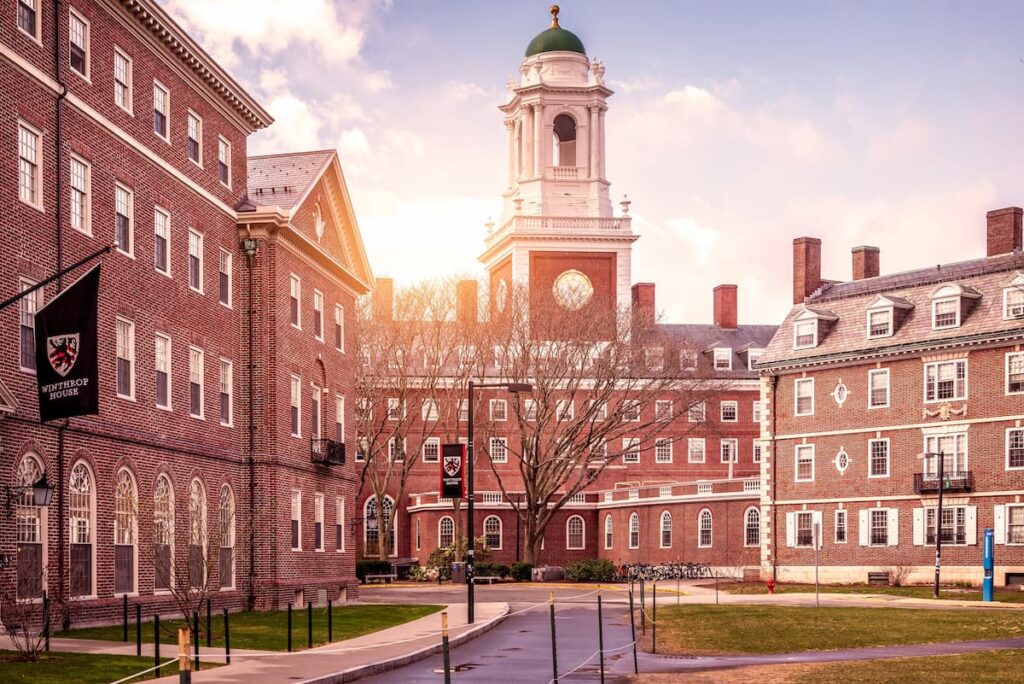Visa Appointments Paused Amid Increased Scrutiny
The U.S. government has taken a controversial step by halting the scheduling of new student visa appointments at its embassies worldwide. This decision is tied to a broader strategy that includes expanding the social media vetting process for all applicants pursuing academic or cultural exchange in the United States. Only those with existing appointments will proceed, while others must wait for further instructions.
This measure introduces uncertainty for thousands of international students who were planning to start or continue their education in the U.S. Traditionally, these applicants are required to schedule interviews at American embassies in their home countries, a step now indefinitely postponed for new applicants. The U.S. State Department has emphasized that this new phase of screening aims to strengthen national security by tightening entry requirements.
Although the details of the social media screening process have not been disclosed, the focus seems to be on intensifying background checks and online activity monitoring. The implications extend far beyond bureaucratic delays—they mark a shift in how the U.S. evaluates incoming talent and academic exchange.
Political Tensions and Targeted Universities
The freeze on student visa processing is not an isolated event, but part of a larger crackdown on elite American universities. Institutions such as Harvard have found themselves at the center of political tension, with accusations of allowing unchecked political expression on campus. The administration has criticized these universities for their perceived failure to address antisemitism during pro-Palestinian demonstrations.
These criticisms have been met with strong pushback from the academic world. Universities argue that such policies interfere with academic freedom and constitutional rights, particularly freedom of speech. However, under the current agenda, institutions seen as too lenient on certain campus movements are facing repercussions not just in public discourse but in funding and immigration policies.
Harvard University, in particular, has experienced significant financial pressure. Billions in federal grants have been frozen, and further funding remains under review. Measures to strip Harvard of its ability to host international students and researchers were introduced, only to be temporarily blocked by the judicial system. If upheld in the future, this would represent a major blow to one of the world’s leading educational institutions—where more than a quarter of the student body comes from outside the United States.
The Economic and Academic Impact
The implications of this decision go far beyond politics. International students represent a critical part of the U.S. academic ecosystem. Their higher tuition fees contribute significantly to university funding, and their presence enriches both the cultural and intellectual fabric of American campuses.
By limiting access for these students, universities may face budget shortfalls and reduced global engagement. Fields such as science, technology, and research—which often rely on collaboration with foreign students and scholars—are particularly at risk. Additionally, programs that were previously labeled as “high-priority” by the government may now suffer from reduced support due to these sweeping changes.
This shift could also deter future applicants, who may view the U.S. as an increasingly hostile environment for academic growth. Countries like China, which send hundreds of thousands of students to U.S. institutions, have voiced concern over these developments. A drop in international enrollment could reshape the landscape of higher education in America for years to come.
A New Era of Student Surveillance
At the core of this policy lies a growing emphasis on surveillance—particularly digital surveillance. The expanded vetting process now includes a detailed examination of applicants’ social media activity. While the government has not provided specifics, previous reports have linked such monitoring to identifying politically sensitive topics and behaviors deemed undesirable.
This new layer of screening raises questions about privacy and the limits of acceptable scrutiny. The fact that online expression could be used to determine one’s eligibility for a visa is alarming to many students and rights advocates. It also sets a precedent that may influence how other countries approach student mobility and academic freedom.
While the administration defends the move as a necessary step for national security, critics argue it may stifle open discourse and disproportionately affect students who are already vulnerable. As this policy continues to unfold, the global academic community watches closely, concerned about what this means for the future of education, research, and international cooperation in the United States.


